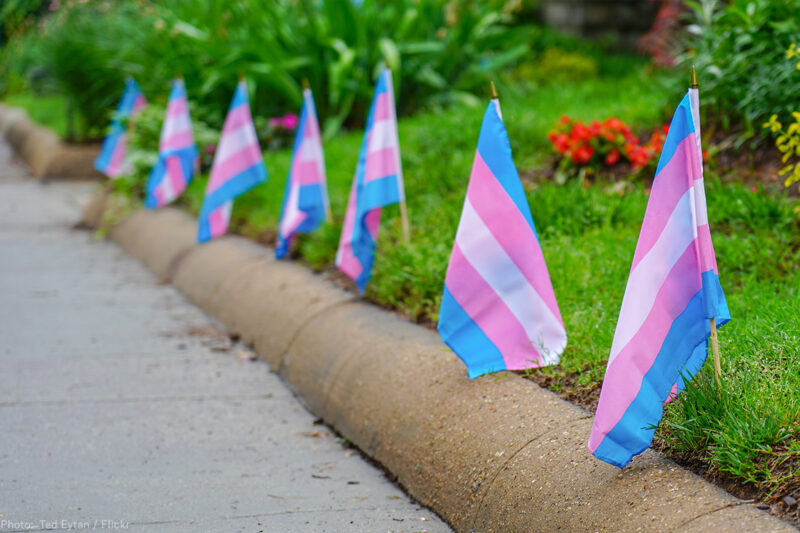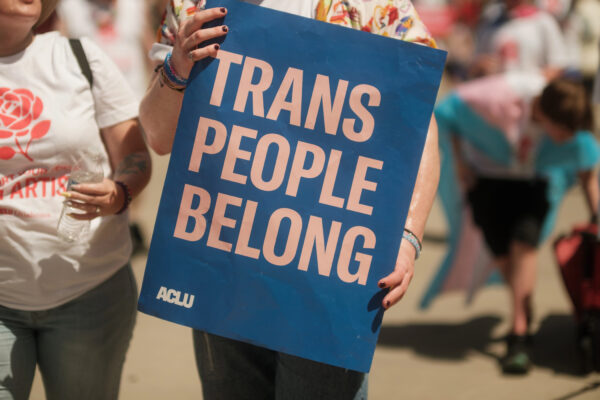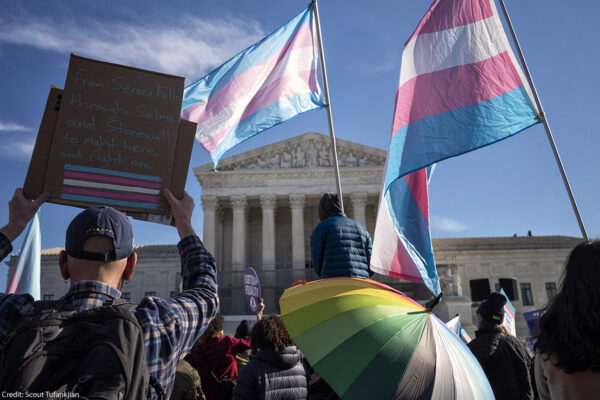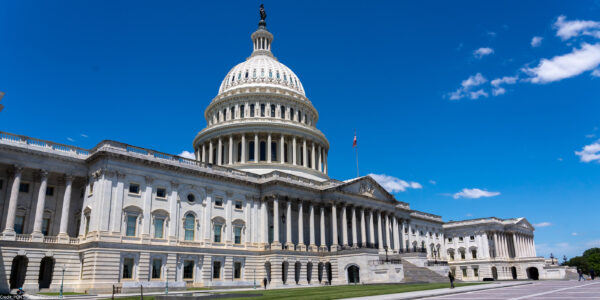
On Trans Day of Remembrance the trans community honors our dead. Too many names are read and remembered at vigils around the world marking the deaths of trans people who have been murdered during the year. This year is again on pace to be the deadliest year for transgender people in the United States. As of October, at least 22 trans people were killed, almost all of them women of color.
We look at their photos, say their names, light a candle and then, too often, we move on until we add a new name to the list.
Lethal violence against transgender people continues to escalate, but that is only one cause of death in our community. Existing data suggests that the life expectancy for trans women of color in the U.S. is somewhere in the mid-30’s. While many lose their lives because of individually perpetrated violence, many more die too soon because of restricted opportunities. Kicked out of homes or schools in their youth, subjected to employment and housing discrimination in adulthood, driven into the criminal legal system, and denied health care, trans people, particularly those of color, often face insurmountable barriers to survival.
Now, we remember our dead against the backdrop of a Trump administration driven to write us out of federal legal protections, eager to erase us. A month ago, The New York Times reported that a memo circulating across multiple federal agencies sought to excise transgender people from protection of the law.
We die because people don’t want us to live.
Remembrance is essential, but so too is action. We must, as artist Micah Bazant proclaimed in an adaptation of Mother Jones’ famous refrain, “honor our dead and fight like hell for the living.”
In this moment of ongoing crisis for our community, here are some concrete actions that can be taken for trans justice and survival.
Education. Since taking office, the Trump administration has argued that trans students should not be protected from discrimination under federal law. While the overwhelming majority of courts disagree and trans people remain protected under federal and constitutional law, trans students continue to face hostile conditions in school, leading many to be pushed out of secondary school altogether. Parents and educators can fight to create inclusive, supportive, and affirming environments for all students by including trans issues in curricula, implementing trans affirming policies, and ensuring that no student faces bullying or harassment.
Employment. Last month, the Trump administration told the Supreme Court that federal law prohibiting sex discrimination should not protect transgender workers. Though again, the overwhelming majority of courts disagree, discrimination against trans people persists. Employers and workers can fight to ensure that trans people are supported in the workplace and send a message that we are an essential part of the labor market that deserves the same protections available to all other workers. Check to make sure your workplace has policies prohibiting discrimination against LGBTQ people, including by affirmatively covering health care and ensuring access to restrooms for trans workers.
Arrest and Incarceration. Due to discrimination in housing, employment, and education, combined with family rejection, trans people face disproportionately high rates of involvement in the criminal legal system. Upon arrest, trans people are more likely to have bail set, but are less likely to be able to pay bail than cisgender people due to high rates of poverty and isolation from families of origin. Working to end mass incarceration, ending cash bail, and paying cash bail when set are critical steps to take in the fight to protect trans lives.
Immigration. The Trump administration’s attacks on immigrants affect many in the trans community who are fleeing violence in their birth countries. In the fight to end unconstitutional restrictions on asylum, including trans immigrants in the conversation is essential, as many face intersecting and compounded discrimination and trauma.
Connection. Connect with, believe, and see trans people. The community is demonized by fear-driven rhetoric that our lives and bodies pose threats to others. Yet we are here, existing and living our truths. Challenge your assumptions about what it means for us to live our truth. Ask yourself how you “really knew” your gender and consider that we, like you, just know who we are.
Creation. There is always more to be done. Watch your state legislatures for attacks on trans people. Disrupt anti-trans jokes or comments at your family holiday. Search your family history for the trans relatives who were erased. Do your research. Take on the burden so we don’t always have to.
Trans lives are on the line every day. Today, we remember those we have lost and urge a movement in defense of those who are still with us.



